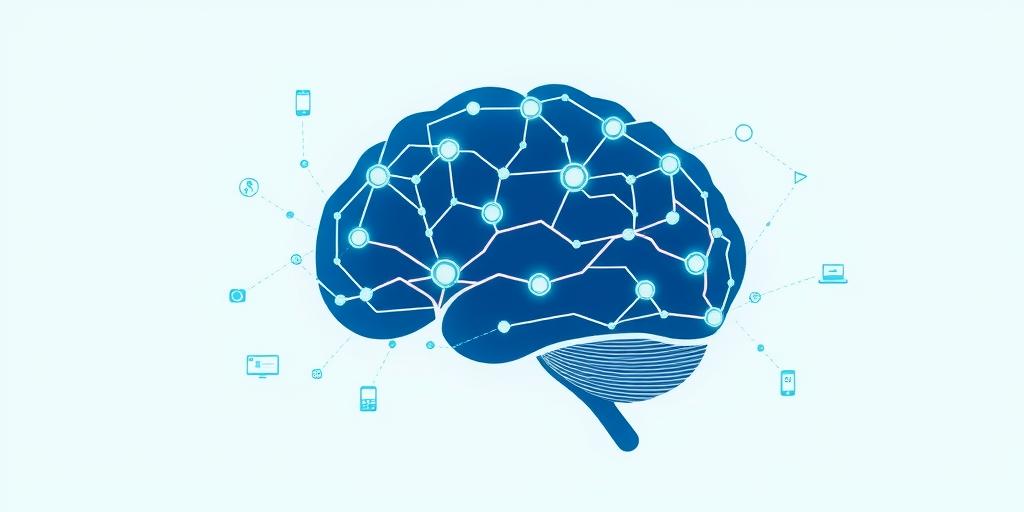Mental Health Tech: Innovations for Well-being in 2025
In 2025, technology continues to revolutionize mental health care, offering innovative solutions for well-being. This article explores the cutting-edge advancements reshaping the landscape of mental health support.
Teletherapy Advancements
Teletherapy platforms are becoming more sophisticated, providing personalized and accessible mental health support. Features include:
- AI-Powered Matching: Algorithms match clients with therapists based on specific needs and preferences.
- Virtual Reality (VR) Therapy: VR simulations create immersive environments for treating anxiety, PTSD, and phobias.
- Remote Monitoring: Wearable devices track physiological data, alerting therapists to potential mental health crises.
AI and Machine Learning
Artificial intelligence (AI) and machine learning (ML) are enhancing mental health diagnosis and treatment:
- Predictive Analytics: AI algorithms analyze data to predict mental health risks and personalize interventions.
- Chatbots and Virtual Assistants: AI-powered chatbots offer immediate support, coping strategies, and mental health education.
- Personalized Treatment Plans: ML algorithms tailor treatment plans based on individual responses and progress.
Wearable Technology
Wearable devices are playing a crucial role in monitoring and managing mental health:
- Stress Detection: Smartwatches and fitness trackers monitor heart rate variability and cortisol levels to detect stress.
- Sleep Tracking: Wearables track sleep patterns, providing insights into the relationship between sleep and mental health.
- Biofeedback: Devices offer real-time biofeedback to help users manage anxiety and improve relaxation techniques.
Digital Therapeutics
Digital therapeutics (DTx) are evidence-based software programs designed to treat mental health conditions:
- Gamified Therapy: Apps use game mechanics to engage users in therapeutic exercises and promote behavior change.
- Personalized Interventions: DTx programs adapt to individual needs, providing tailored support and feedback.
- Integration with Clinical Care: Digital therapeutics are integrated into traditional clinical settings to enhance treatment outcomes.
Challenges and Considerations
While mental health tech offers numerous benefits, it’s essential to address potential challenges:
- Data Privacy and Security: Protecting sensitive mental health data is paramount.
- Accessibility and Equity: Ensuring that tech solutions are accessible to diverse populations.
- Ethical Considerations: Addressing biases in AI algorithms and ensuring responsible use of technology.
Conclusion
In 2025, mental health tech is transforming the way we approach well-being. By leveraging innovative tools and technologies, we can create a more accessible, personalized, and effective mental health care system. Embracing these advancements will improve mental health outcomes and enhance overall quality of life.
